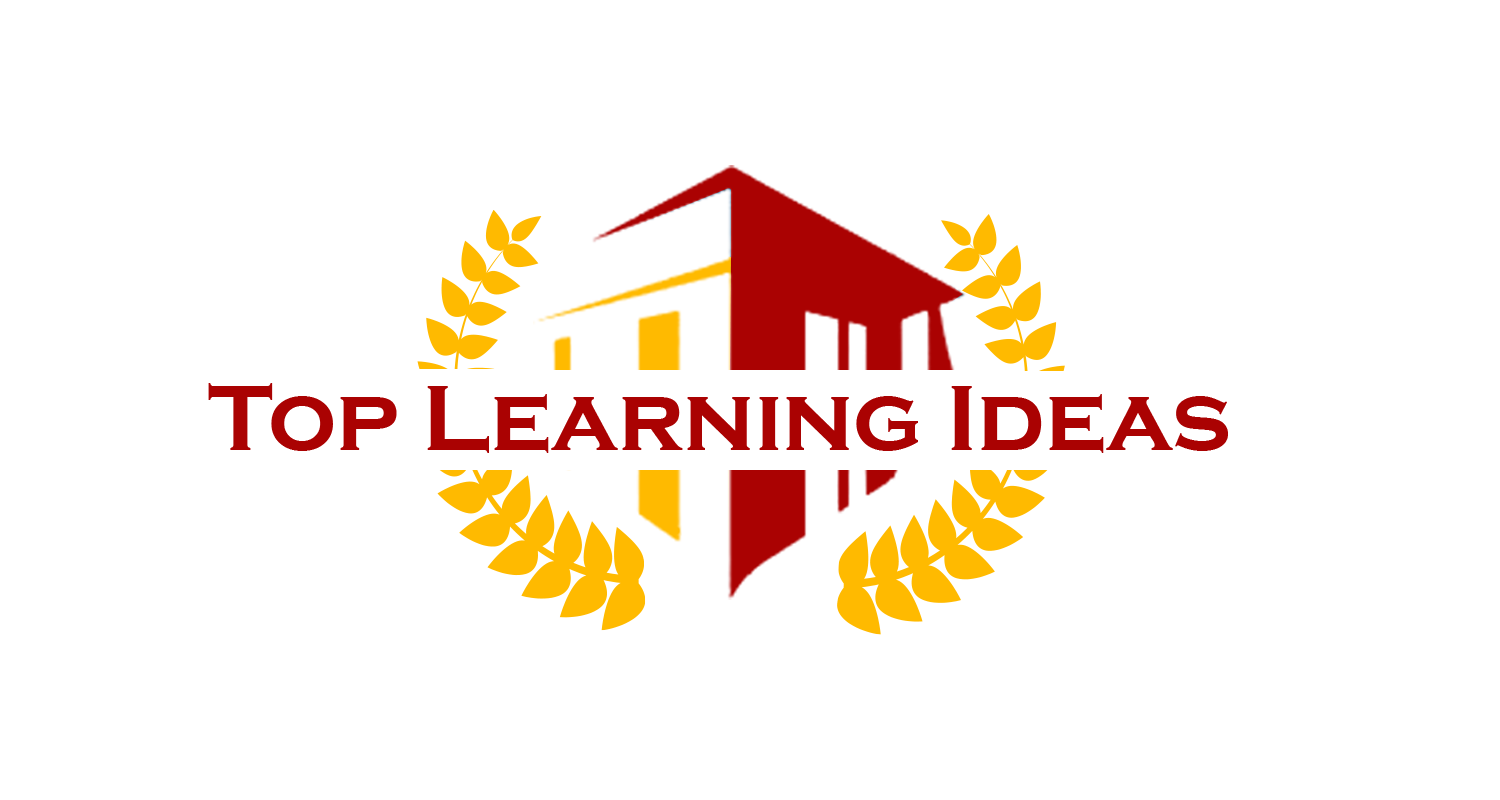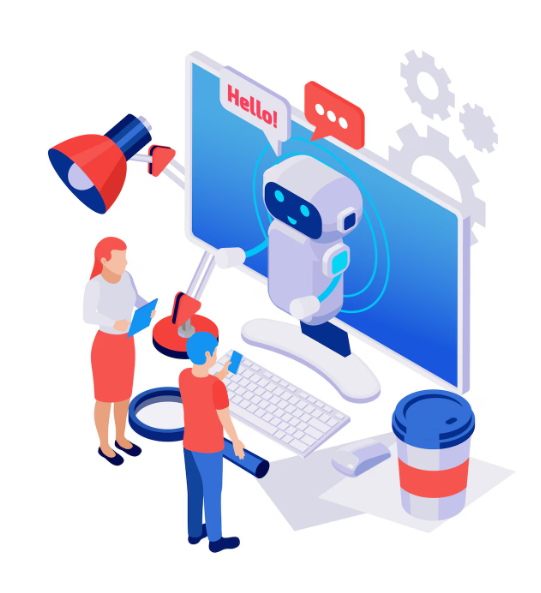Automated Machine Learning (AutoML) frameworks have become indispensable tools in machine learning (ML), offering streamlined solutions for different stages of the machine learning pipeline. For individuals interested in pursuing a data science course in Delhi, understanding the top AutoML frameworks is crucial. This article will delve into some of the leading AutoML frameworks, their features, and their applications.
- Auto-sklearn
Auto-sklearn is one of the most popular AutoML frameworks, built on top of the well-established scikit-learn library. It employs Bayesian optimisation techniques to automatically search for the best machine learning pipeline for a given dataset. With Auto-sklearn, users can automate the selection of preprocessing techniques, feature engineering methods, and machine learning algorithms, saving time and effort in model development.
- AutoKeras
Powered by the versatile Keras library, AutoKeras offers an intuitive interface for automating the design of deep learning models. Using neural architecture search (NAS) techniques, AutoKeras explores a vast space of possible architectures to identify the optimal model configuration for a specific task. This framework is particularly well-suited for image classification, natural language processing, and other tasks involving complex data structures.
- H2O AutoML
H2O AutoML provides a comprehensive solution for automating the entire machine learning workflow, ranging from data preprocessing to model deployment. With H2O AutoML, users can leverage advanced algorithms and techniques without the need for extensive coding or machine learning expertise. The framework offers a user-friendly interface, making it accessible to both newbies and experienced data scientists.
- TPOT (Tree-based Pipeline Optimization Tool)
TPOT employs genetic algorithms to automatically search for the best machine learning pipelines, including data preprocessing steps, feature selection techniques, and model ensembling strategies. TPOT identifies the most effective combination of preprocessing steps and algorithms for a given dataset by iteratively evolving a population of candidate pipelines. This framework excels in optimising complex machine learning pipelines and is widely used for regression, classification, and other tasks.
- Google Cloud AutoML
Google Cloud AutoML offers a suite of AutoML products tailored to different machine learning tasks, including image classification, natural language processing, and structured data analysis. Leveraging Google’s extensive infrastructure and cutting-edge algorithms, Google Cloud AutoML enables users to build custom machine learning models with minimal manual intervention. This framework is ideal for organisations seeking scalable, cloud-based solutions for their machine learning needs.
- MLBox
MLBox is an open-source AutoML library that simplifies the machine learning process with automated feature engineering, model selection, and hyperparameter optimisation. With MLBox, users can quickly experiment with different machine learning algorithms and configurations, allowing for rapid prototyping and iteration. This framework is well-suited for both beginners and experienced data scientists looking to streamline their model development workflow.
Applications of AutoML
AutoML frameworks find applications across various domains, including:
- Predictive Analytics: AutoML automates the process of building predictive models for tasks like sales forecasting, customer churn prediction, and demand forecasting. Professionals trained in a data science course can leverage AutoML to streamline these tasks and derive valuable insights from large datasets.
- Image Classification: Using AutoML frameworks to develop image classification models for tasks such as medical image analysis, object detection, and facial recognition.
Challenges and Considerations in Data Science Course
While AutoML offers many benefits, it also presents challenges and considerations, including:
- Computational Resources: AutoML algorithms can be computationally intensive, requiring substantial computing power and memory, particularly for large datasets. Students undertaking a data science course should be prepared to work with high-performance computing environments to handle the computational demands of AutoML.
- Black-Box Nature: Some AutoML models may lack interpretability, making it challenging to learn their inner workings and interpret their predictions. Individuals completing a data science course need to develop techniques for interpreting and explaining the results of AutoML models, ensuring they remain actionable and trustworthy.
- Domain Expertise: While AutoML frameworks automate many aspects of model development, domain expertise is still crucial for interpreting results, selecting appropriate evaluation metrics, and making informed decisions.
Conclusion
In conclusion, AutoML frameworks are crucial in democratising machine learning by automating the model development process and making it accessible to a broader audience. By familiarising themselves with the top AutoML frameworks, individuals pursuing a data science course in Delhi can gain valuable insights and skills to tackle real-world machine learning problems efficiently and effectively. With the right tools and knowledge, they can leverage AutoML to accelerate their journey towards becoming proficient data scientists in the dynamic field of machine learning.
Business Name: ExcelR – Data Science, Data Analyst, Business Analyst Course Training in Delhi
Address: M 130-131, Inside ABL Work Space,Second Floor, Connaught Cir, Connaught Place, New Delhi, Delhi 110001
Phone: 09632156744
Business Email: enquiry@excelr.com

